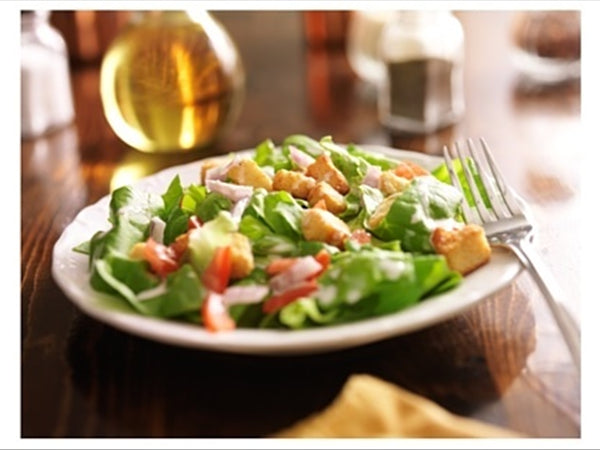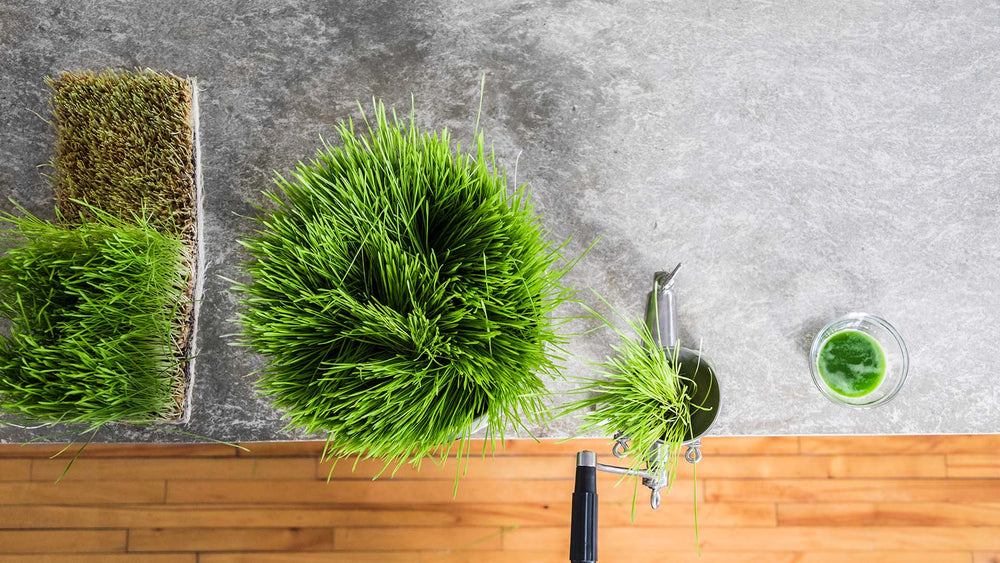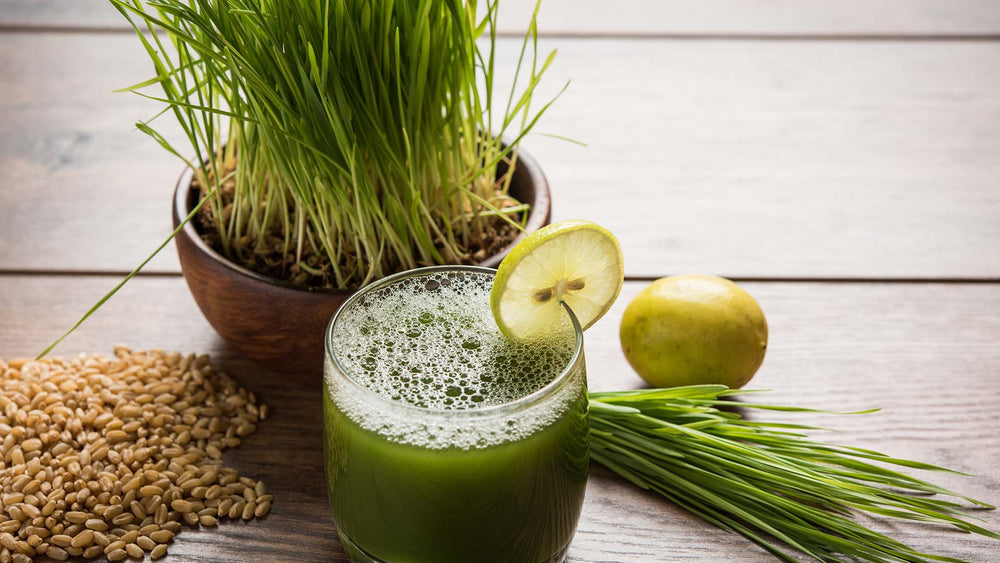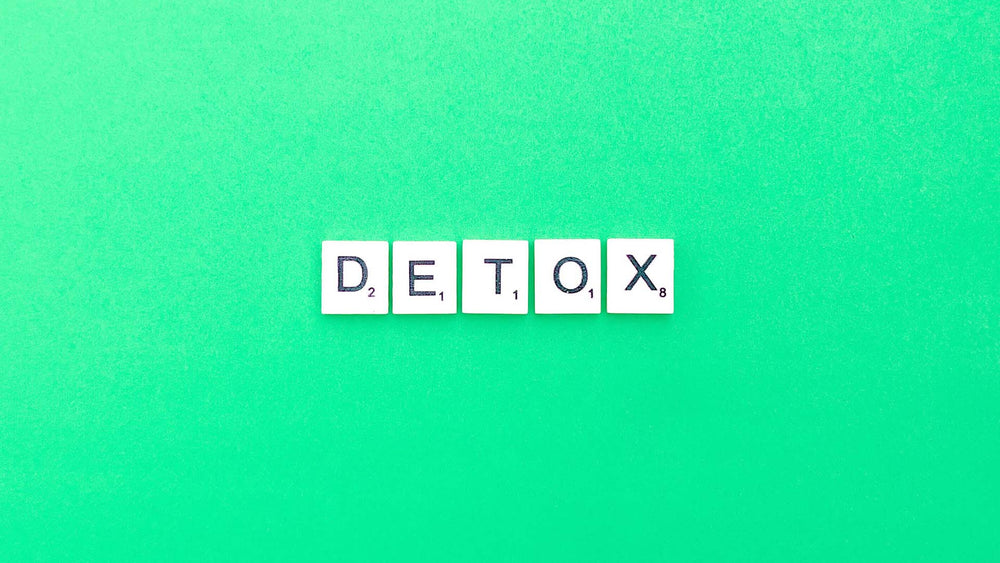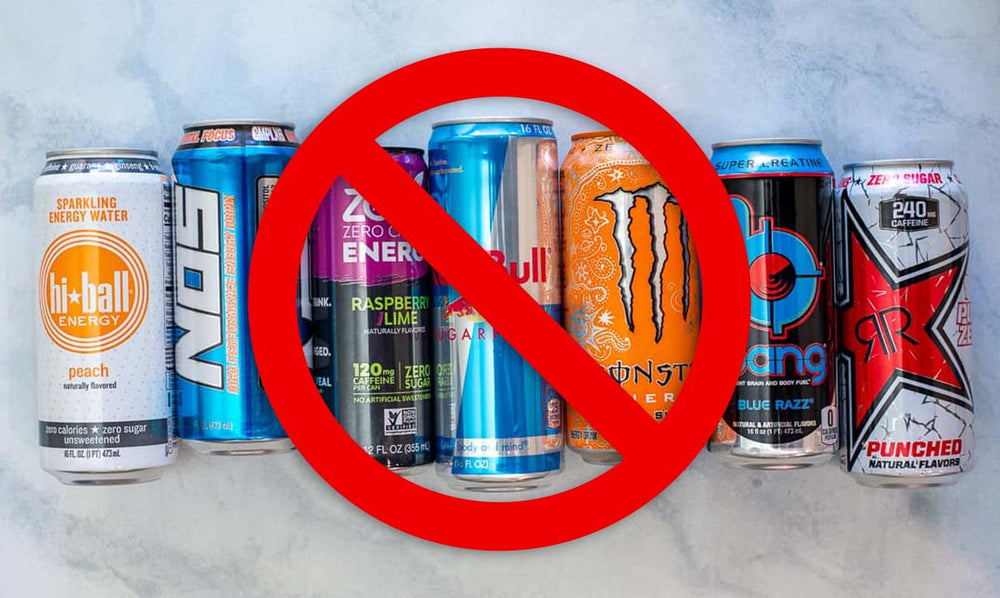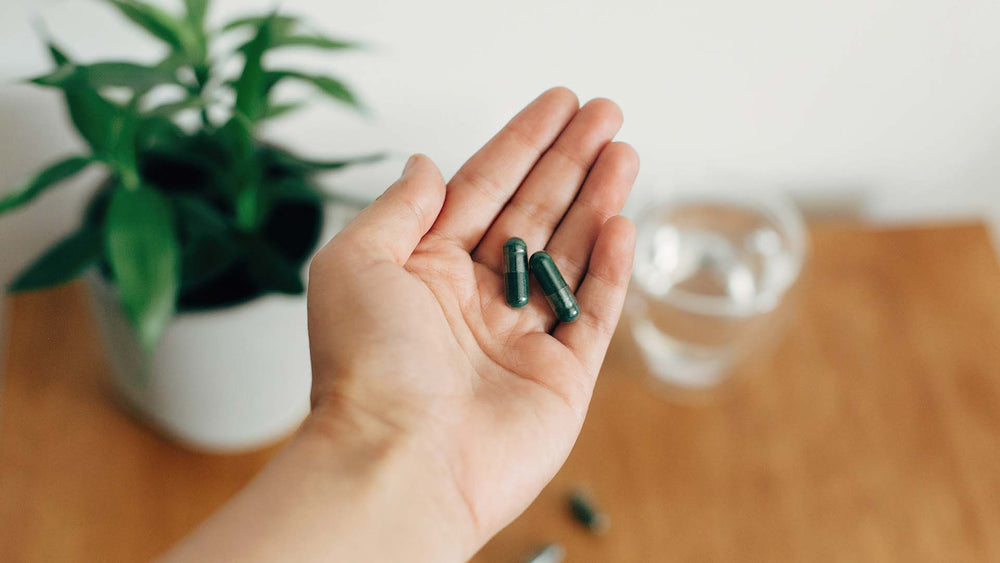Air conditioning, a dip in the pool and a trip to the beach are the most obvious ways to stay cool this summer, but they’re not the only ways. What you eat and drink can either reduce your body temperature or make you feel more uncomfortable. Before you grab a bottle of soda or a bottle of beer to cool down, consider healthy alternatives, like fruit, water or unsweetened herbal tea.
Any fruit or vegetable with high water content will cool you down and keep you hydrated. A fruit salad is better for you on hot days than ice cream. It’s lighter, contains more nutrients, fewer calories, and most importantly, more water. A fruit smoothie or glass of iced tea will fill you up and help you avoid the high sugar, high calorie count of cola and other carbonated beverages.
Naturally Hydrating Fruits and Vegetables
We all know it’s important to stay hydrated by drinking lots of water, but if drinking plain H20 gets boring, you can always drink coconut water or lemon water. Eating chilled fruit with a high water content (berries, melons, pineapple, etc.) has the same hydrating effect. Most fruits and veggies on this list have a water content of 87% or more. Many fruits and veggies with a high water content are also rich in fiber.
Besides keeping you cool, refreshing water and fiber rich foods promote good digestion. Want to lose weight (or avoid gaining weight)? The water in cucumbers, melons and other fruits and vegetables fills you up, preventing you from overeating.

Cucumber
“Cool as a cucumber” is more than a popular saying, it’s an apt description of this refreshing vegetable. Cucumbers are 96% water, and a cup of raw sliced cucumber is only 16 calories. Add it to soups, salads or eat as a crunchy, low-cal snack. Cucumbers contain three kinds of phytonutrients - flavonoids, lignans and triterpenes, which have been linked to reduced risk of heart disease and cancer. Cucumber peel is an excellent source of dietary fiber and it protects the inside of the vegetable, keeping it cooler. Check out these simple but tasty summer recipes for cucumbers, including chilled cucumber and snap pea salad. Put cucumber slices on burgers and in sandwiches.

Watermelon
Watermelon certainly deserves its name – it’s 92% water, making it one of the most hydrating foods you can consume, along with celery and zucchini.
A cup of diced, fresh watermelon is only 46 calories. Not only does it taste refreshing, it also boasts plenty of health benefits. It contains lycopene, a carotenoid phytonutrient important for heart health, and the amino acid citrulline. Your kidneys convert citrulline into arginine, another amino acid. Arginine helps improve blood flow and boast cardiovascular health.

Melons
Honeydew melons and cantaloupes are low in calories and high in water – a wedge of honeydew melon is 45 calories, and a cantaloupe wedge is 23 calories. Bring a few melon wedges or fruit salad with you to work instead of eating fast-food on hot summer days. One cup of cubed cantaloupe pieces has 108% of the daily value of Vitamin A and 89% of the RDA of Vitamin C. Honeydew melons and cantaloupes contain beta-carotene to promote eye health, and a high content of electrolytes from sugar help prevent heat stroke.

Salad
Serve a leafy green salad made with tomatoes, cucumber slices, celery, and zucchini and other refreshing veggies with high water content. Iceberg lettuce, the main component of most salads, is 96% water. Watercress, often used in salads, replaces iron and other minerals depleted through sweat. Loss of iron makes you feel tired and drowsy more often during the summer. Add watercress to salad or use it to garnish main dishes. Eat lean red meat and vegetables for lunch or dinner to replenish iron levels.

Yogurt
Healthy, calcium-rich yogurt cools you down and reduces hunger pangs. It’s a nutritious substitute for high-calorie ice cream treats. Visit your local frozen yogurt shop or make a yogurt parfait at home with your favorite berries for some tasty hydration on hot days.
Make sure the yogurt brand you buy is sugar-free and doesn’t continue any high-fructose corn syrup. You’ll also want to avoid any yogurt brand that contains a sugar substitute, as Aspartame and other artificial sweeteners can cause bloating.
Yogurt cools you down, but it also lifts your spirits. It’s a probiotic food, which means it contains beneficial live yeast and bacteria. Yogurt, kefir, sourdough bread and sauerkraut are just a few of the foods with “good” bacteria to help digestion and battle depression. Probiotics reduce melancholy feeling naturally because they produce good gut bacteria. These bacteria travel through the blood-brain barrier to improve mood and cognitive function.
Frozen yogurt from a restaurant or snack bar sometimes contains more sugar than a cup of ice cream. A small cup of frozen yogurt can be as much as 300-400 calories, and if you sprinkle toppings on it, add a few hundred more. A half-cup of vanilla ice cream is 137 calories, with 11% fat and 10% cholesterol. Unlike frozen yogurt, ice cream contains 10% milkfat.
Whether you’re eating plain yogurt, frozen yogurt or ice cream, avoid the temptation to add candy sprinkles or whipped cream toppings. Use flaxseeds, nuts and fruit to top off your treat. You’ll stay cooler and consume fewer calories.

Mint
Instead of drinking beer or sangria at an outdoor party or picnic, drink iced tea with mint. Even hot green tea or mint tea keep bodies cool during summer weather. Mint activates your body’s temperature mechanisms, making your mouth feel cool. If you’ve ever used mint soap or body wash, you know mint also makes your skin feel cool.
Buy some peppermint leaves online or from a health food store. Simmer a few of them in a pot of boiling water for 20 minutes, then strain out the leaves and let the water cool. Add the water to your bath to cool off after a day outdoors in the sun. If you don’t have time to add homemade mint brew to your bath, you can use Dr. Bronner’s Peppermint Castille Soap products or another natural peppermint product to cool down.

Zucchini
Zucchini, or summer squash, is 95% water. It contains free radicals to protect your body from inflammation caused by sun damage, and several B vitamins (including choline) to help control blood sugar. Zucchini’s nutrient list is impressive – copper, magnesium, phosphorous, manganese, Vitamin K, zinc, potassium and iron are among the vitamins and minerals you’ll get in a 36 calorie cup of sliced summer squash. Eat zucchini raw in salads, steamed or cooked in dishes like Chilled, Herbed Zucchini Soup.Try baked zucchini sticks instead of fried ones, which add unhealthy calories, grease and fat.

Lemons
Add a few thin slices of lemon to a glass of water in the morning to get your day off to a cool start. Fresh lemon juice detoxes the body, revving it up for the day’s activities. A half cup of freshly squeezed lemon juice has 124% of the RDA of Vitamin C. Putting lemon in a glass of water makes it taste refreshing, encouraging you to drink more of it.
Lemons offer antioxidant flavonoids to enhance immunity, and they even have anti-cancer properties. When you drink lemon water (or fresh-squeezed lemonade), you do more than beat the heat, you protect yourself against summer colds and other depleting conditions.

Pineapples
Pineapples are 87% water, as are oranges, raspberries and cranberries. You can eat these fruits plain, in a salad, or add them to a smoothie. Choose fresh pineapple. If you must eat canned pineapple, check the label to make sure it doesn’t contain sugar or high fructose corn syrup.
Pineapple contains the enzyme bromelain, which reduces inflammation. One cup of fresh pineapple chunks has 105% of the daily allowance of Vitamin C and 77% of the daily allowance of manganese. Manganese protects against free radicals and regulates blood sugar to guard against diabetes.

Cherries
In Ayurvedic (traditional Indian) medicine, cherries and other sweet fruits are valued for their cooling properties. Eat a few cherries as a snack or add them to yogurt or salad. Cherries contain polyphenol antioxidants, including flavonoids, which have anti-inflammatory and anti-cancer properties.

Green Tea
Replace your morning hot coffee with cold green tea for a pleasant buzz and cooler body temperature. Green tea has less caffeine than coffee or black tea, but enough to perk you during hot summer days without side effects. Drink chilled or use in a smoothie with blueberries, a body cooling fruit with superior antioxidant power.

Celery
Celery contains 95% water by weight, and it adds texture and crunch to salads, sandwiches and main dishes. A 16-calorie cup of diced raw celery offers 15 important nutrients, including Vitamin K, folate, potassium and fiber. And it’s full of antioxidants and phytonutrients. A hydrating celery stalk has several anti-inflammatory phenolic antioxidants. Celery contains quercetin, a flavonol found in apples, and kaempferol, a flavonol that gives broccoli much of its antioxidant power. Celery is much more than an afterthought when it comes to nutritional value.
Foods to Avoid During a Heat Wave
Avoid potato chips, pretzels, French fries and any high-sodium processed food during hot summer weather. You should eat these salty foods sparingly throughout the year, if at all, but it’s crucial to avoid them during hottest days of the year. Too much salt dehydrates you, making you susceptible to heat exhaustion and heat stroke. The beer and potato chip combo so many people favor during the summer can cause serious problems for individuals with underlying medical conditions.
Grilled burgers and steaks are a staple of many summer cookouts, but eating all that protein when the temperature hits the 90s puts a strain on your digestive system. Protein is hard to digest, and your body goes through a heat-making process called thermogenesis to digest red meat. This can be taxing on your body during hot weather. The thermogenesis process has good points – it can spur weight loss, for example, but certain herbs and spices, like cayenne pepper, are best used for this reason.

Alcohol Dehydrates You on Hot Summer Days
A cold beer or margarita may provide only temporary relief from hot weather and may ultimately be detrimental to staying cool. Alcohol dehydrates you, leaving your body low on fluids. If you drink lots of beer outside under the hot sun, you’ll lose water twice as fast as you would indoors on a summer day.
Drinking too much alcohol on a hot, sunny day prevents your body from maintaining a normal temperature. If you drink too much, you’ll develop heat cramps from lack of water and sodium, which leads to heat exhaustion. When left untreated, heat exhaustion causes heat stroke. Symptoms of heat stroke include nausea, red, hot skin, rapid breathing and fainting. Anyone displaying these symptoms should be transported to a hospital immediately.
Too much sun and alcohol are a dangerous mix. Drinking excessively in hot weather may cause you to blackout due to dilated blood vessels if you’re not properly hydrated. If you’re boating, swimming, driving or playing sports in the sun after drinking too much, you risk causing accidents and injuring yourself or others.
Don’t sweat it when it comes to staying cool this summer. Take advantage of your local farmer’s market to stock up on seasonal fruits and veggies. Almost all fruits and vegetables have high water content, so anything you see in the produce section will help keep you hydrated. Incorporate blueberries, strawberries, watercress, kale, fresh green beans and grapefruit into your summer diet – even on days when it’s rainy or cool. These foods will help keep your body nourished and healthy, and better able to handle the heat when the temperature hits a scorching high.
What are some of your favorite cooling treats for summer? Let us know in the comment section.

